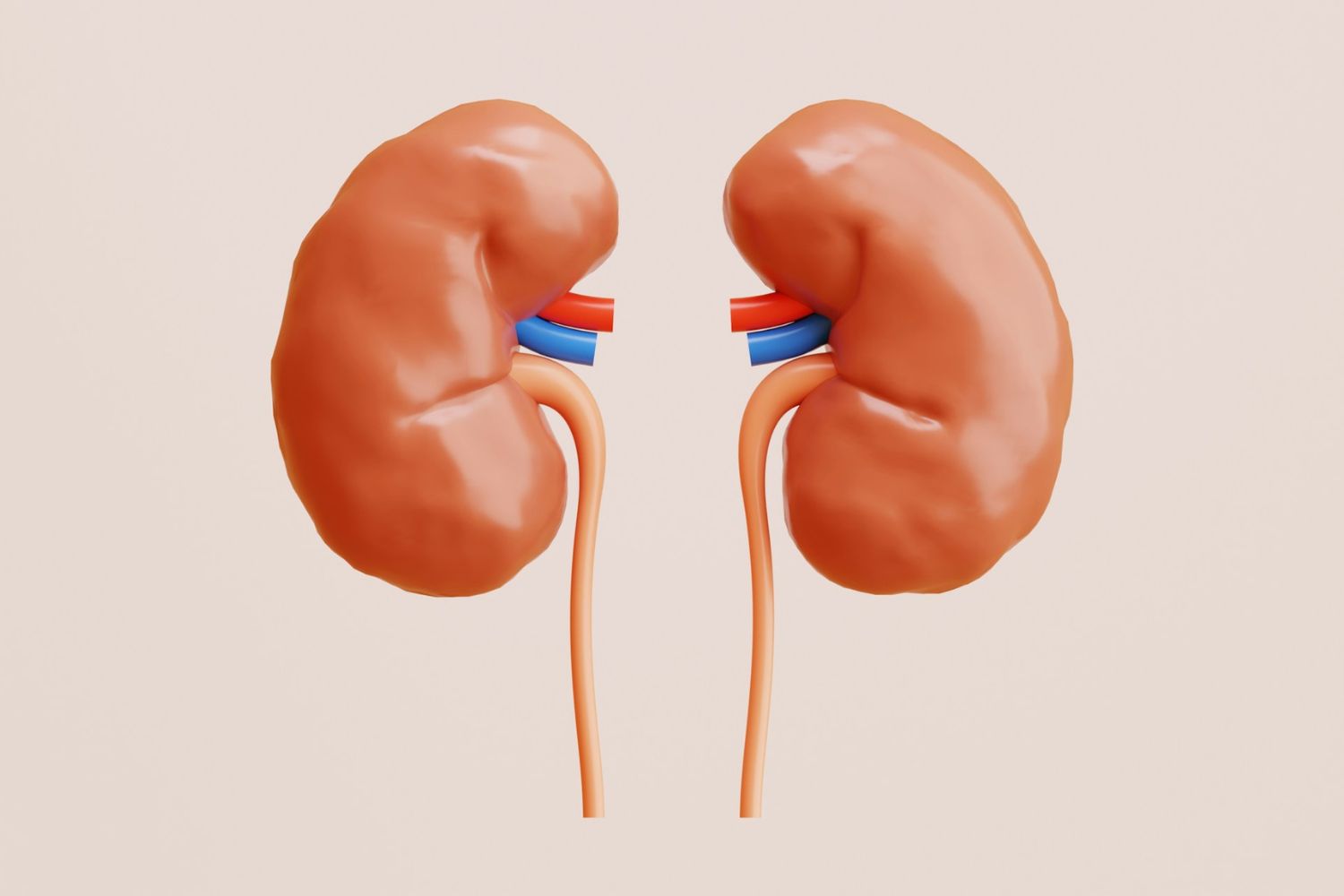Lowering Dietary Intake of Carbohydrate and Sugar Could Benefit Adults With Chronic Kidney Disease, Study Suggests
This additional information is included as part of a press release labeling system introduced by the Academy of Medical Sciences and Science Media Centre. For more details click here.

Photo by Ruliff Andrean for Unsplash+
Replacing Carbohydrate With Protein Appears to Reduce Mortality for Those With CKD
A lower-carbohydrate and lower-sugar diet could increase life expectancy for adults with chronic kidney disease (CKD), according to new peer-reviewed research, published in Renal Failure. Replacing carbohydrate with protein and/or replacing sugar with non-sugar carbohydrate seems to reduce mortality risk, the study found.
Current World Health Organization (WHO) guidelines for the general population recommend a low fat/low carbohydrate diet, making protein the primary energy source. However, the WHO recommends a low protein diet for those with CKD as high levels of protein are thought to accelerate kidney deterioration.
CKD is a common condition, affecting around 15% of people in the UK and US. An optimal diet can effectively prevent CKD from progression but very few studies have investigated the influence of carbohydrate intake in those with the disease.
To explore whether a low carbohydrate diet could be appropriate for CKD patients, lead author Qidong Ren of Peking Union Medical College Hospital, China and colleagues investigated the associations between intake of macronutients (fat, protein, carbohydrate) and all-cause mortality risk in 3,683 adult CKD patients in the US.
They found that people with CKD had lower mortality risk when consuming 30%-45% of their energy from carbohydrate (compared with 60%), and 5%-20% of their energy from sugar (compared with 40%).
The researchers then conducted an iso-caloric replacement analysis which indicated that replacing the energy intake from carbohydrate with protein (up to 30%) and/or replacing sugar with non-sugar carbohydrate (up to 55%) reduced all-cause mortality risk while total energy intake remained constant.
“Our results suggest that dietary advice to CKD patients should be given according to their current diet structure (especially the percentage of carbohydrate intake) and sugar/non-sugar carbohydrate should be considered when adjusting their carbohydrate intake,” co-author Qidong Ren, from the Peking Union Medical College Hospital, says.
“We observed lower mortality risk with lower carbohydrate intake and reduction in mortality risk when replacing the carbohydrate with protein. We also found that higher protein intake was associated with lower mortality risk in CKD patients. However, more long-term and extensive sample size studies are required to more fully determine the effect of a high protein diet in CKD patients.”